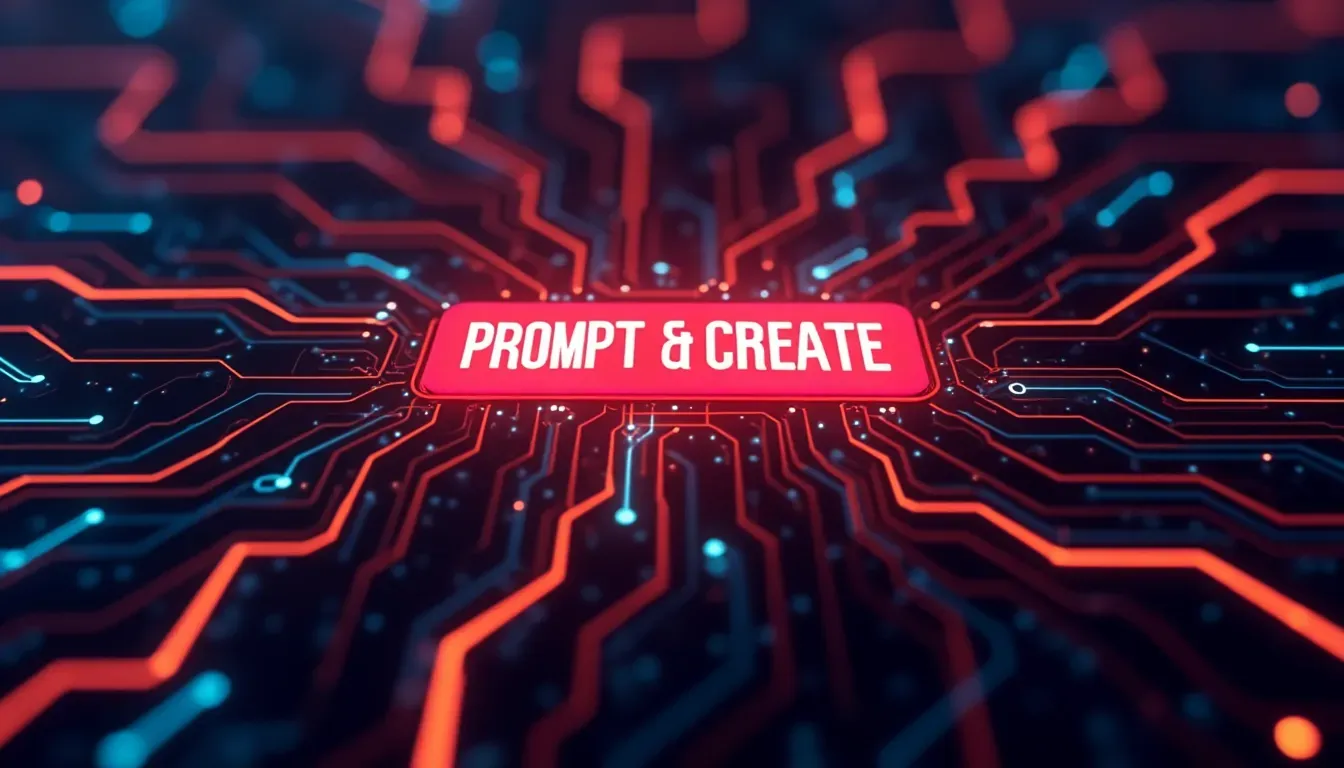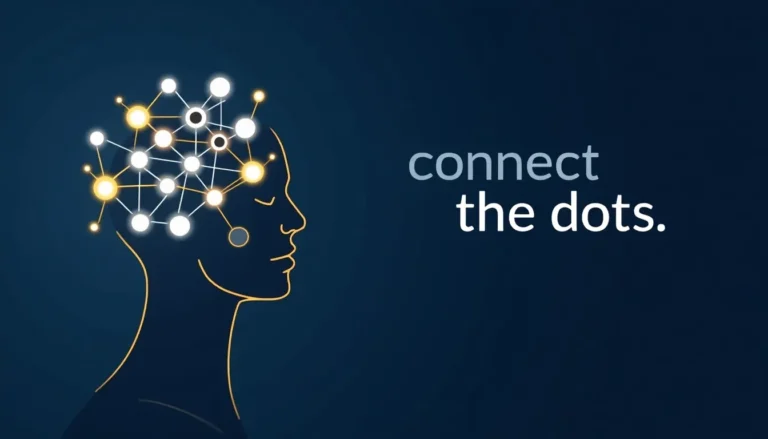The Art of Prompting
We’re doing it wrong.
When we talk about “prompting” AI, we’re already limiting ourselves. We’re putting technology in a box, treating it like a machine that needs specific commands.
But what if we just… talked?
The best conversations don’t start with perfectly crafted prompts. They begin with genuine curiosity and natural dialogue.
Think about how you speak with a colleague. Or a mentor. Or a friend.
You don’t optimize your language. You don’t strategically structure your sentences. You simply express your thoughts.
The obsession with prompt engineering is creating artificial barriers. We’re building walls between humans and AI when we should be building bridges.
Yes, there’s a place for technical precision.
Yes, some tasks require specific instructions.
But the future of human-AI interaction isn’t about mastering the perfect prompt. It’s about finding the sweet spot between natural communication and effective outcomes.
Consider this:
– Children learn language through conversation, not commands
– The best teachers adapt to their students’ communication styles
– Deep understanding comes from dialogue, not directives
The prompt engineering industry is booming. Courses, workshops, certifications. All teaching us how to speak to machines.
Maybe we’re approaching it backward.
Perhaps the real breakthrough will come when we stop trying to speak machine and start speaking human. When we treat AI as a collaborative partner rather than a command-line interface.
The most powerful interactions happen when we:
– Stay authentic
– Remain curious
– Build on responses
– Learn from mistakes
– Adjust naturally
This isn’t about abandoning structure entirely. It’s about finding balance.
The next time you’re tempted to craft the perfect prompt, try something different. Just start a conversation.
Because in the end, the best prompt might not be a prompt at all.
It might just be a simple “Hello, let’s talk about this.”
The future of AI interaction isn’t in the perfection of our commands.
It’s in the authenticity of our dialogue.



